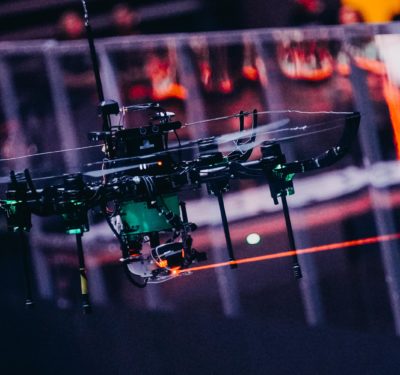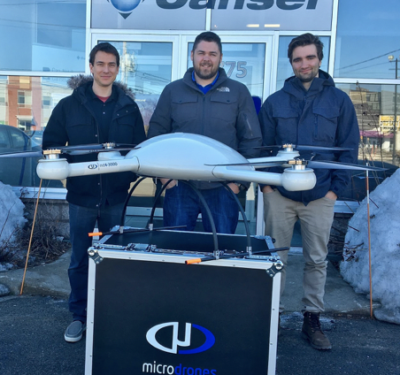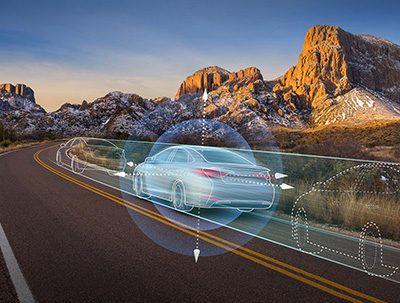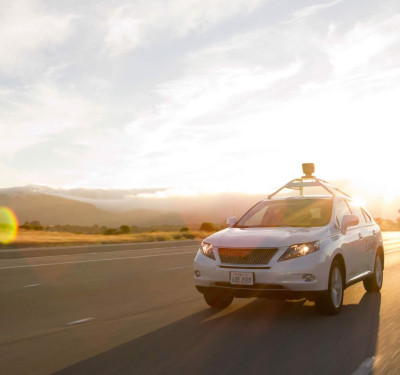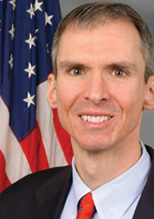
Congressman Dan Lipinski
An engineer by training with a love of technology, Lipinski represents the Third District of Illinois and is a member of the House Transportation Committee. A Democrat, he recently joined with Rep. Joe Heck (R-Nev.) to relaunch the Congressional Unmanned Systems Caucus. Lipinski also proposed the Future Trip Act, a bill supporting automated and connected vehicle research. A member of the conference committee on the Surface Transportation Act, he is now working to incorporate Trip Act provisions.
Q: What is it about unmanned technology that captured
your interest?
A: I’m very interested in how unmanned systems could help, first of all, on the road with automated and connected vehicles—what they can do to make our transportation system much more efficient and safe. But I’m also interested in…what we can do with unmanned aerial systems—how can that technology help to solve problems especially in doing inspections of roads, bridges, rail lines.
Q: What prompted you and Rep. Joe Heck to relaunch the unmanned caucus?
A: I have become very involved in writing legislation that could go into (the Transportation Reauthorization Bill). Legislation that will…promote getting on to the road more automated and connected vehicles. That’s a big part of what I’m interested in. I’ve done a number of roundtable discussions to learn more about what the possibilities are for unmanned systems. …So because I’ve gotten so involved in the past year on this issue I thought, Congressman Heck, he has been very interested in this issue also…I think he came more from the aviation side…we thought it’d be great to have a caucus on this because everyone’s interested in it.
Q: What activities has the caucus undertaken since it was launched?
A: A big part of it is bringing in experts to talk about issues related to unmanned systems and how federal policy affects them. So we bring the experts in for a presentation, largely for congressional staff—both from members’ offices and from committee staff—to help get them up to speed on a lot of the issues they may not be familiar with.
Q: What do you think are the most important issues to address going forward with regard to unmanned technology?
A: Right now you have autonomous vehicles, driverless cars, that are being developed. They are doing this really without having the infrastructure making it easier to have these vehicles on the road. A big issue is making the vehicle-to-infrastructure communications possible. The only way to do that—the government is building the infrastructure, so the government has to really be involved.
Q: Would this legislation you are thinking of impact the highway trust fund?
A: Well money from the Highway Trust Fund is going to build more roads and bridges and fix up what is existing, but… besides having to do the asphalt and the stone and cement, you’re talking now if the money from the Highway Trust Fund will need to go to the connected infrastructure. So we need to realize…that’s something new that has to be considered.


